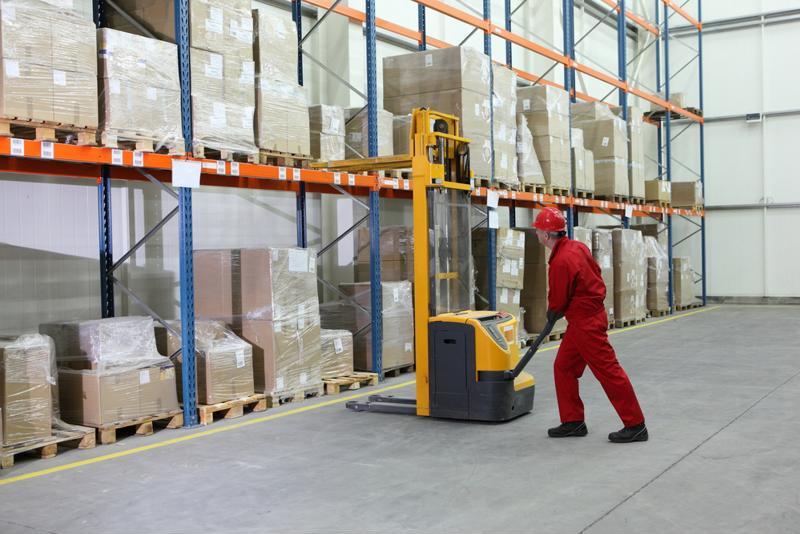No matter the company, shipping departments all have the same goal: to move products from one area to the next as quickly and efficiently as possible. To do so they need to consistently stay ahead of the competition with state-of-the-art technology.
That technology is SMS services, which we suggest these departments use to improve everything from moving containers from one side of the world to the other, providing delivery updates to employees and customers and issuing alerts about packages, orders and delivery with real-time capabilities.
"Eighty percent of people opened their emails within 12 days of being sent."
Why You Shouldn't Call or Use Email
Imagine Amazon's managers calling their employees to update them on the availability of products, make changes to routes and orders or ask other job-related questions. They'd be on the phone all day! This wouldn't be a useful way for them to manage their time, let alone their employees. With email, managers may find themselves in lengthy thread conversations, or worse, spending hours or days waiting for a response.
HubSpot analyzed over six million emails and found that 50 percent of people open their emails in the first 24 hours. However, past that point, 80 percent of people opened their emails within 12 days of being sent. Yikes! Imagine trying to run a company and not hearing from your employees via email for upwards of 12 days. Your business would quickly fall apart. Sure, the emails studied likely addressed a wide range of situations (from promotions to business-related matters), but that further strengthens the point that people just don't answer emails very quickly.
How SMS Can Make a Difference
For drivers, alerts are crucial to their ability to do their job effectively. Years ago, drivers may have not been under as much pressure to deliver products within days or hours of a purchase. But today, suppliers and customers have strict deadlines, and SMS helps ensure that shipping departments meet them.
With SMS companies can issue bulk orders and tracking services with a few clicks of a button. They can then use mobile text messaging to issue similar tracking services to customers as well as record responses to ensure outstanding customer service.
SMS isn't just an extra feature companies can add to their existing processes. It's a robust software type that can actually be the glue holding the company's entire logistics and transportation services together.

How to Transition to SMS
If you're relying on email or phone (including walkie-talkies) and want to switch to SMS, the process may at first feel overwhelming. Don't let it be – by adhering to these tips:
- Strategize: Research how SMS can help your company's bottom line by improving shipping processes and employee productivity. Present your findings to upper management and then to your team.
- Communicate: Ensure your team understands how to use the new SMS software, and don't falter when training and developing their skills. Full training courses and support allows employees to quickly get up to speed on SMS technology and its best practices, which saves you time and money.
- Test: It's not enough to integrate SMS into your current business model. You must test how effective it is. Study the numbers and talk to employees about usage.
If you're not sure the different ways SMS can work for your company, work with a third-party specialist. These professionals will help you analyze your current transportation and logistics sector, and provide suggestions as to how SMS can increase general workflow. You'll also have the opportunity to study results, which will allow you to make adjustments. SMS is a complete solution that has overtaken e-mail and phone as a viable, quick method of communication.


